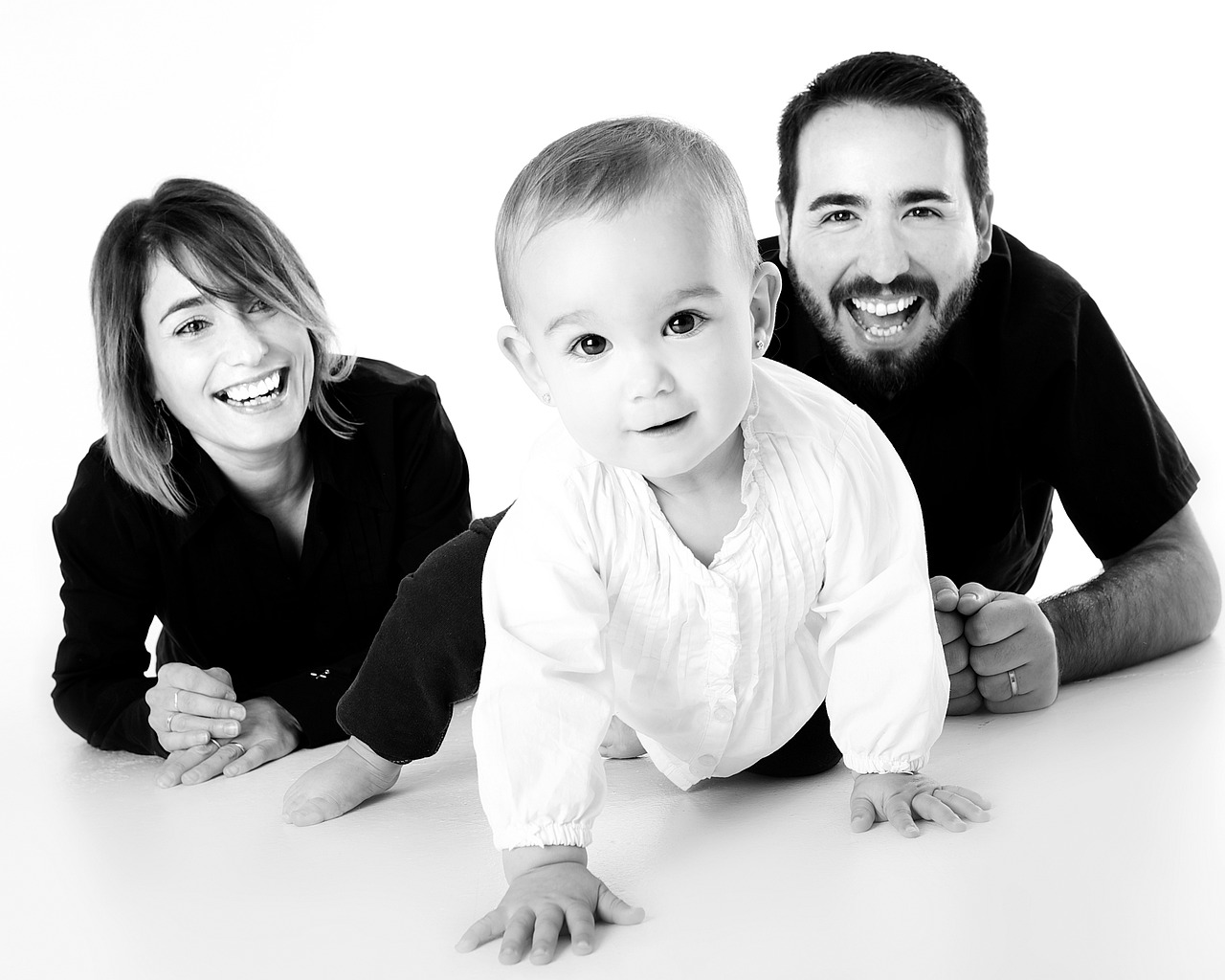Stop Teasing Your Child About These 7 Stupid Things
In my previous articles, I have mentioned that parenting is a full-time job that does not come with a manual. We all love to play, cuddle, and joke with our little angels, right? Fun activities with our babies help us to forget life’s sorrows and parenting challenges.

Playing with our babies also helps us create an unforgettable bond. Although these activities are fun, we can also make silly, unforgivable actions that scare and scar our babies.
This discussion will be far from the health complications that children face. Instead, let us discuss things you should avoid teasing your child about, no matter how hilarious the situation is. Without further ado, let’s get into these seven things:
Stop Teasing Your Child About These 7 Things
1. Their Hobbies
Every baby, just like an adult, has likes and dislikes when it comes to hobbies and fun activities. As a parent, you might feel that your child’s choice of fun is “inappropriate” or the “wrong” one. Your negative perception might stem from your own upbringing or innate feelings.
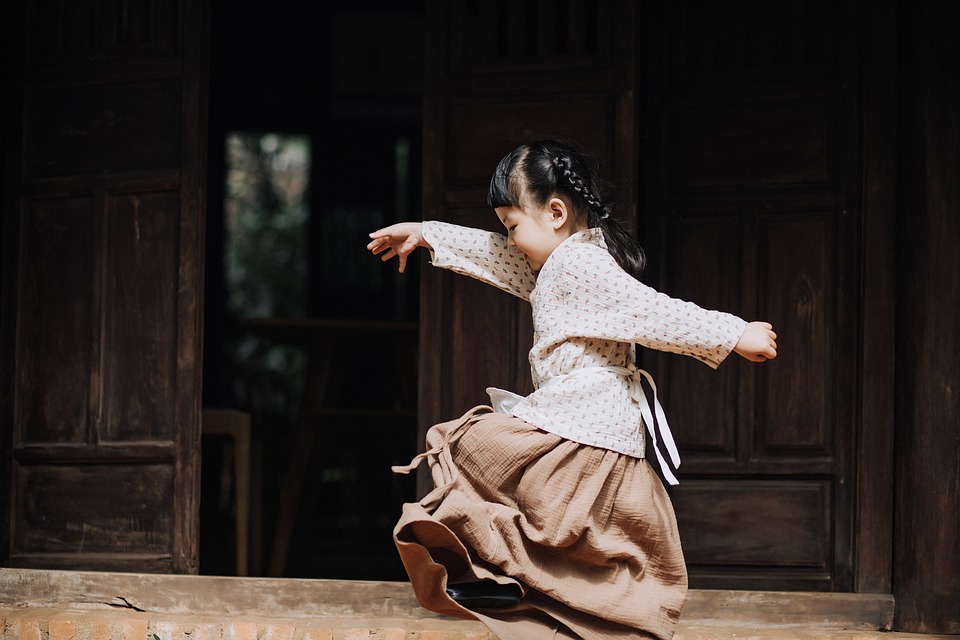
However “boring” or “inappropriate” your baby’s interests and hobbies are, never tease them about them.
I experienced a regrettable incident where a mother scolded her daughter for acting like a “tomboy .”Upon further inquiry, I realized that the daughter was hyper and would climb on trees and walls at any given opportunity. Was such a hobby bad? No. Climbing on trees and scaling walls might be risky, but teasing a girl for doing it crushes their self-esteem, creativity, and exploration.
If your baby’s hobbies are risky, you can redirect them gently and with love. A simple, “Sweetie, stop climbing that tree. I saw a ghost in those branches. It will chase and throw you off the tree if it finds you. If you break your hand, Mommy will be sad and mad.”
2. Personal Habits
Every child has a unique habit that makes them stand out. It could be their unique smile, laughter, or their walking style. Teasing your child about their unique habits not only crushes their esteem but also makes them develop a disdain for you.

You might be tempted to tease your child about a particular habit when they are sad, but this only worsens things. As a parent, be the bigger person and avoid teasing your baby about their habits, which develop over time.
3. Personal Challenges
It is normal for a human to struggle with certain things regardless of age. Your child, too, could be struggling with something; it could be stammering, wetting their bed, or interacting with other children.
Personal struggles in children leave them vulnerable. Teasing your child about their struggles only makes the condition worse. “Don’t be shy!”, “Boys don’t cry!” are statements you can make jokingly, but their adverse effects are long-lasting.
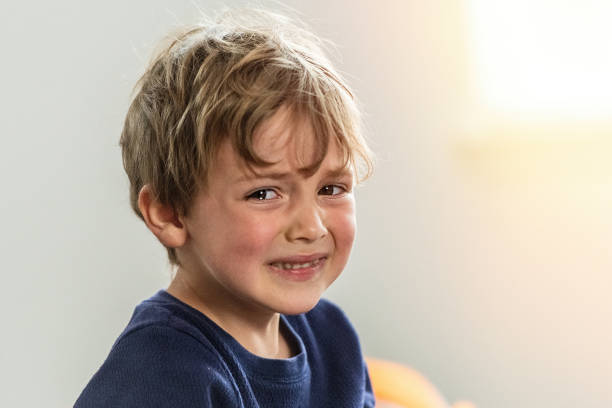
Instead of using these “demeaning” statements to address your child’s struggles, you can create a warm environment for them. “Let’s go and say hello to Alexa” is a simple but powerful statement that can boost a child’s morale and self-esteem.
4. Friendships
Another mistake that you can make is to tease your child about their choice of friendships and social skills. Most parents tease their children when they see them interacting with the opposite gender, making them shy away or become introverted and stressed.
“I met your girlfriend today. Isn’t Ann your girlfriend? Look at you, all happy to hear that I met your girlfriend,” you might tease your child.

To you, such jokes make babies bubbly, shy, and smiley. What you might not know is that teasing toddlers about friendships with the opposite gender destroys their esteem and makes them shy and bitter.
5. Future Aspirations
“What did you say you want to be when you grow up, Jessie?” you ask your child.
“A boxer, dad,” your child answers.
“A what? What can you box? Can you box Lucky, our cat?” you quip jokingly.
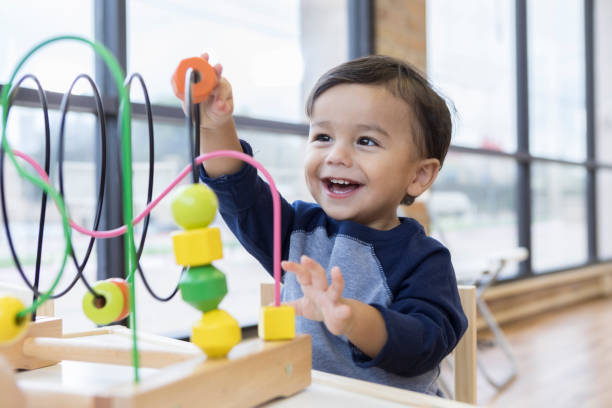
In your mind, that joke should end at that. You might not know that these words remain in the child’s mind for a long time. The child’s confidence, admiration, and determination to achieve that dream in the future end instantly.
6. Physical Appearance
You should never tease your child about their physical appearance. Children take any word said about them at heart, and it stays with them for a long time.
“Why is your tummy so big?” “You are so thin; the wind could blow you away anytime, haha, just kidding!” Children do not care whether it is a joke or a serious comment; they will take the words at face value. A child might not tell you that you hurt their feelings. They will distance themselves from you.
7. Their Fears and Concerns
It is normal for a child to be afraid of the dark and ghosts and have bad dreams. As a parent, you must reassure the child about everything. When your baby expresses concern about ghosts coming under the bed to feast on them, come out like a super dad or mom and reassure them that everything is in control.
Unfortunately, most parents identify their children’s fears and use them to bully them.
“Trey, will you stop whining? Should I call the ghost hiding under the bed?” that’s what some parents do.
Research has revealed that startling your child might result in post-traumatic stress disorder. You wouldn’t want to spend more money taking your frightened child to therapy, would you? Be the fallback plan for your child and protect them against anything that might induce fear.
Conclusion
Your child’s physical and well-being should come first. Teasing your child based on the seven factors discussed is slippery. Be mindful of your words since they can create lifetime scars on your baby. As a parent, you are responsible for creating peace, trust, and support with your child(ren).
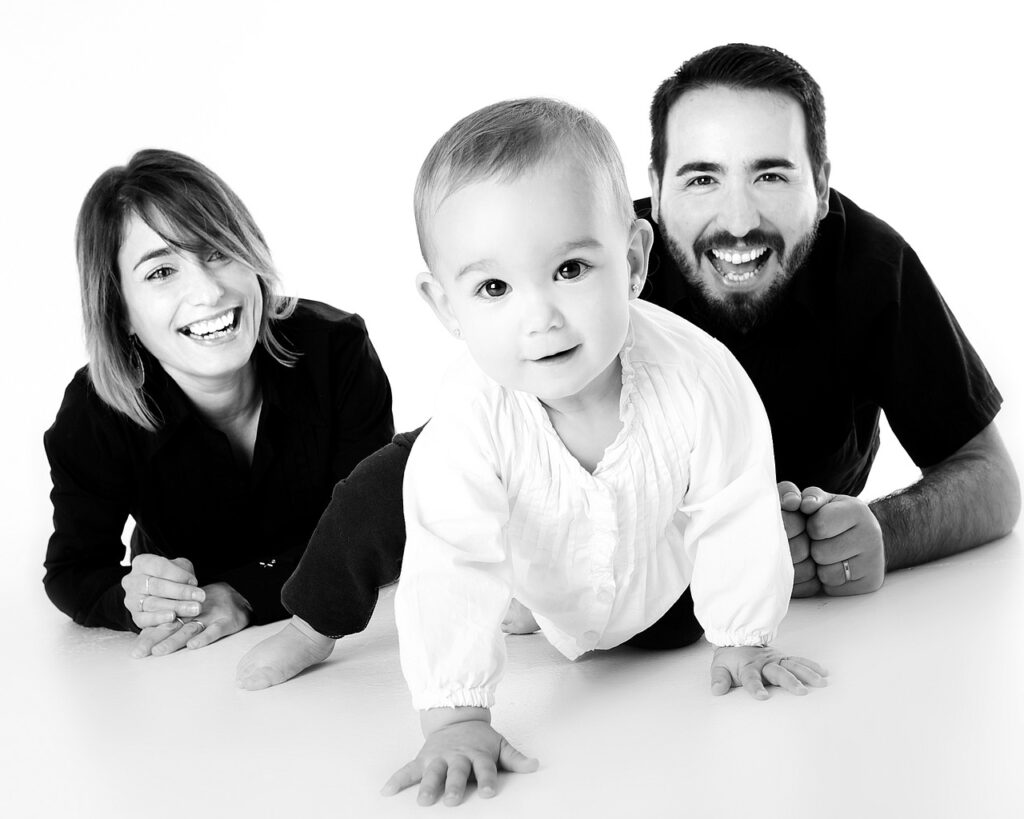
Cultivating these virtues will not only make your child focused but also confident when approaching various things. If you must tease your child, do so when they have grown to differentiate between a joke and serious things. Create a positive environment for your child, and they will know how to interact with other people better.
